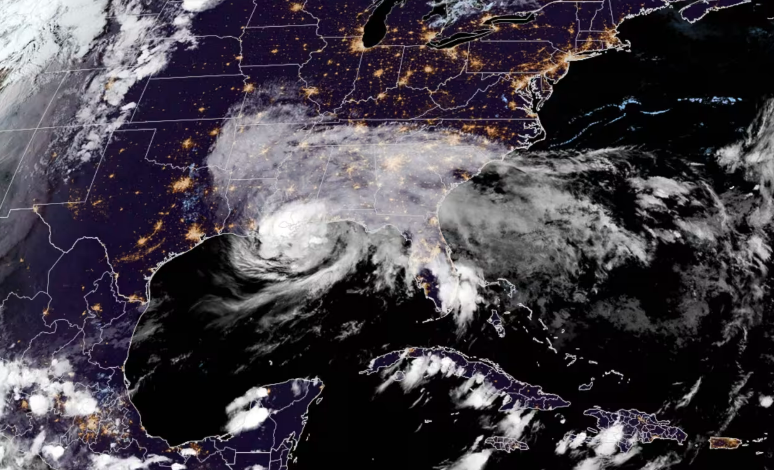Oil Prices Rise After Hurricane Francine Landfall, But Demand Concerns Linger

Oil prices saw a boost following the landfall of Hurricane Francine, which disrupted energy production along the U.S. Gulf Coast. The powerful storm forced several major oil producers to halt operations, creating supply concerns that temporarily pushed prices higher. However, despite the hurricane’s impact on supply, ongoing worries about global demand continue to weigh on the market.
Hurricane Francine’s arrival led to the evacuation of oil rigs and the shutdown of refineries in key production regions, causing a ripple effect across the energy sector. The Gulf Coast is a significant hub for U.S. oil and gas production, and any disruption in this area tends to impact global markets. Brent crude and West Texas Intermediate (WTI) prices both rose in response, as traders anticipated a tightening of supply.
Despite the short-term boost, analysts remain cautious about the long-term outlook for oil demand. Concerns over a potential global economic slowdown, coupled with weakened demand from key markets like China and Europe, continue to overshadow the market’s recovery. “While the supply side is being affected by the storm, the bigger picture is still about demand,” one energy analyst commented. “If demand doesn’t pick up, the impact of Hurricane Francine on prices will likely be temporary.”
In addition to economic concerns, the energy sector faces uncertainty over ongoing geopolitical tensions and the transition to renewable energy, which could further dampen oil demand in the future. For now, the market is closely monitoring the recovery of production facilities and the storm’s longer-term effects on supply chains.





